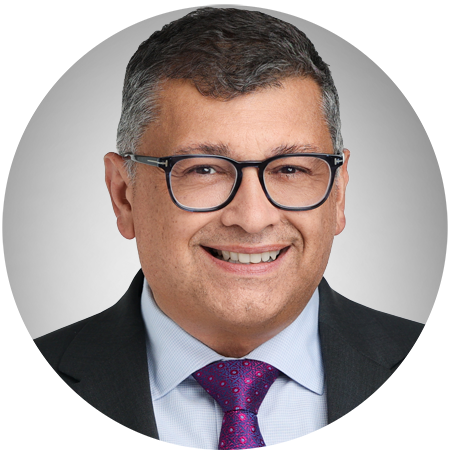Can successor counsel be held liable for sanctionable conduct of predecessor counsel? While that seems like any easy question, our Supreme Court had to sort it out recently.
In Bradley and Chuang v Frye-Chaiken (July 26, 2024, No 164900/164901) the Michigan Supreme Court decided whether a trial court commits clear error by imposing sanctions against every attorney who represented a sanctioned party, even when the sanctionable conduct occurred prior to one of his attorneys being retained. The Michigan Supreme Court said yes.
The matter originated in Washtenaw County Circuit Court. The litigation centered on a contract dispute involving the sale of property in the Cayman Islands. During litigation, the defendant filed affirmative defenses and a counter-claim. The trial court granted summary disposition in favor of the plaintiffs. After the motion for summary disposition was granted, the attorneys representing the defendant were substituted out for new counsel. The defendant’s new attorney filed a claim of appeal on the order granting plaintiffs’ motion for summary disposition and represented the defendant on the plaintiffs’ motion for sanctions before the trial court. On the motion for sanctions, Judge Connors determined that the defendant’s counter-claims and defenses were “frivolous” and that the plaintiffs were entitled to reasonable attorney fees. The trial court ordered an evidentiary hearing regarding the reasonableness of plaintiffs’ attorney fees.
Before the evidentiary hearing, the defendant then retained its third law firm. At the hearing, the trial court awarded the plaintiffs $16,430 in attorney fees plus costs. Even though defendant’s new lawyers were not involved in the pleading phase—the subject of the sanctions—the trial court imposed sanctions on all counsel of record. The court reasoned that, in the past, the Court of Appeals had reversed similar orders when the judge tried to “cut some slack to the attorneys.” A judgment was entered against the defendant and all of their attorneys, including the third law firm, finding that they all owed the attorney fees jointly and severally.
The defendant and third law firm appealed the sanctions. The Court of Appeals affirmed the trial court’s ruling. The third law firm argued that they should be insulated from sanctions because their involvement came after the conduct at issue occurred. The Court of Appeals disagreed, indicating that Michigan law supports the imposition of joint and several liability for attorney fees and costs.
This third law firm appealed to the Michigan Supreme Court. The Court evaluated whether sanctions are joint and several as to all attorneys appearing in a case. The Court held that, if an attorney substitutes into a case and does not participate in a frivolous claim or defense, the sanctionable conduct does not arise out of that attorney’s representation, and therefore a sanction is not permitted. The Court explained that the third law firm was hired to litigate the fees assessed by the court for sanctionable conduct that occurred prior to his appearance. While the trial court expressed displeasure with some of the third law firm’s conduct during the evidentiary hearing, which the Court of Appeals relied on in its holding, there was no finding that the conduct was sanctionable. Because the third law firm did not participate in the defendant’s frivolous defenses and counter-claims, the trial court committed an error of law by holding it jointly and severally responsible for the sanctions imposed against the defendant and his prior attorneys.
Justice David Viviano issued a dissenting opinion, agreeing with the Court of Appeals. First, Justice Viviano concurred with the majority holding that an attorney should not be sanctioned for conduct that occurred prior to the attorney’s involvement in the case. He, however, believed that the third law firm engaged in dilatory tactics that obstructed the trial court’s ability to determine the amount of sanctions to be imposed. At that point, Justice Viviano argues, a trial court does have discretion to hold the successor attorney “jointly and severally” responsible for the sanctionable conduct of his predecessors, even if no new motion for sanctions is filed.
Practice point: The Supreme Court clarified that the conduct substantiating sanctions imposed against predecessor counsel does not implicate successor counsel. Nevertheless, attorneys should evaluate the status of litigation, procedural history, and “bad facts” concerning any case in which they agree to undertake representation. Attorneys should also take care to establish a proper scope of representation with any engagement. Following these steps will mitigate the risk of future claims.

